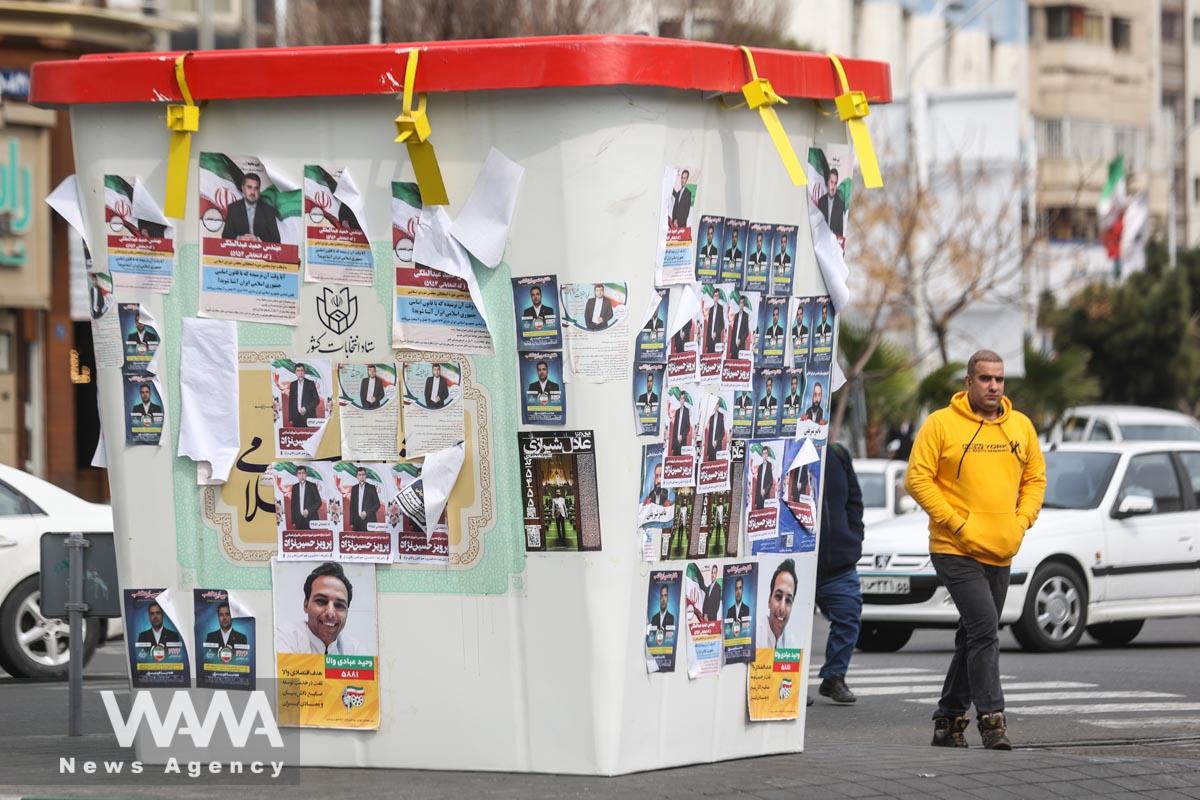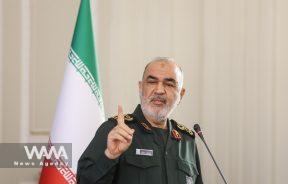Iranian Reformists: Shifting Strategy or Temper Tantrum
WANA (June 10) – The Guardian Council finally approved a reformist to participate in the upcoming snap presidential elections in Iran. For years, the Reformist Front has been complaining about the disqualification of its leading figures by the regulatory institution.
The disqualification of several reformist candidates forced the Front to support a moderate for top political positions such as the presidency.
The reformers who had supported Former president Hassan Rouhani in 2013 became dissatisfied with his performance. They criticized him for what they called a failure to implement the political and cultural goals of the Front.
The new leader of the Reformist Front, Azar Mansoori, stated in her first press conference that they “will not repeat what has been done and will not go under the burden of a proxy candidate.” Also, Former president Muhammad Khatami, who is considered the “spiritual leader” of the reformists, said that participation in elections depends on the approval of reformist nominees.
Binding participation to the approval of nominees by the Guardian Council can be seen as a backtrack from his last stance on elections. Khatami and the Reformist Front did not participate in the previous parliamentary elections and said they had no candidates. The move was primarily believed by reformists to be a good attempt to condemn what they call “the purification” of the governing system in Iran.
However, the fresh strategy can be considered as a struggle to take a “fair share” from the governing system. In the 2024 snap presidential elections, reformists are trying to back Masoud Pezeshkian, a “true reformist.”
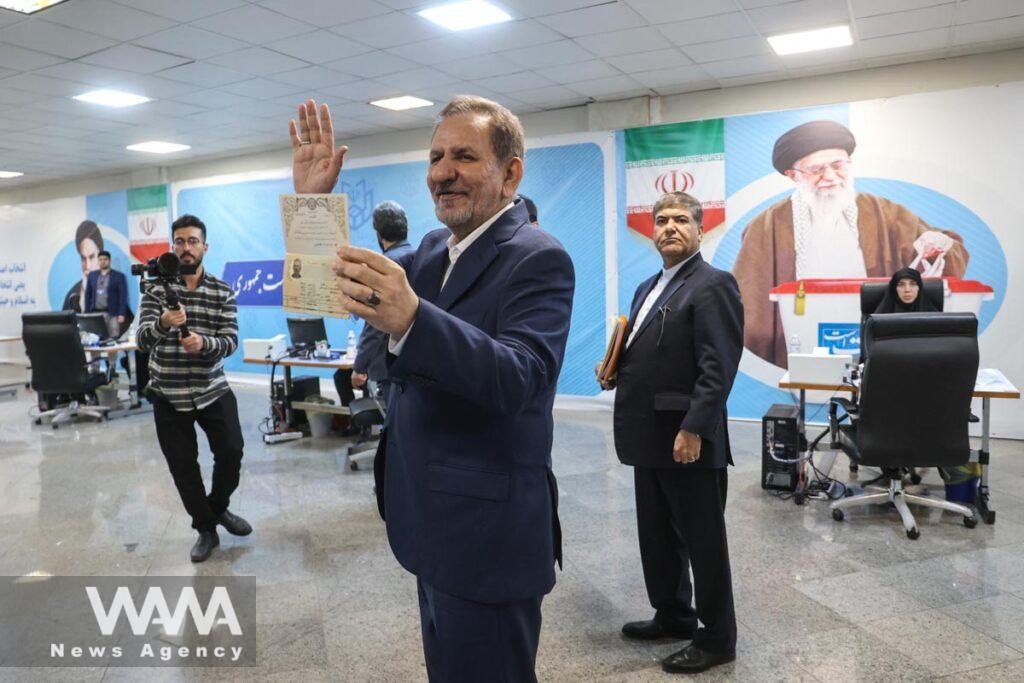
Eshaq Jahangiri, former senior vice president of Iran, shows his identification document as he registers as a candidate for the presidential election at the Interior Ministry in Tehran, Iran, June 3, 2024. Majid Asgaripour/WANA (West Asia News Agency)
By abandoning their strategy to boycott the ballot boxes, the Reformists nominated former VP Ishaq Jahangiri, Minister in Rouhani’s administration Abbas Akhundi, and Masoud Pezeshkian as their candidates. With Pezeshkian’s approval, a wave of happiness spread among the Reformists.
Unity among the reformists is hard to find despite the Front’s claims in its statements. Mohammad Shariatmadari, a Former Minister in two reformist governments, was one of the main figures absent from the latest assembly of the Reformist Front, which nominated three presidential hopefuls. There were viral rumors about Shariatmadari’s absence, suggesting that he wanted to run “unconditionally” and was against the Front’s “monopolistic process, dictator-like” actions.
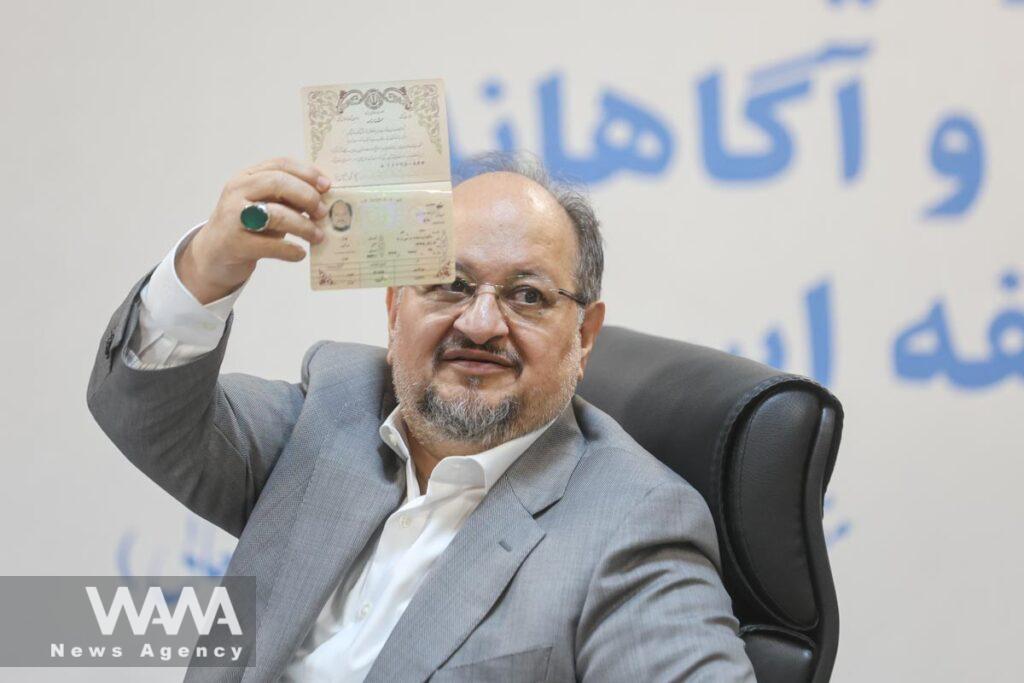
Mohammad Shariatmadari registers as a candidate for the presidential election at the Interior Ministry, in Tehran, Iran June 2, 2024. Majid Asgaripour/WANA (West Asia News Agency)
Abbas Akhoundi, who got the most votes in the Reformist Front’s Assembly, had the lowest popularity among several factions of the reformists. After his nomination, articles and tweets of his criticism filled the social media platforms in Iran. He was described as “hot-tempered and not media friendly” and an “incompetent minister,” referencing his resignation in 2018.
These days, the Reformists are trying hard to promote their candidate. They hope to compete once again, like in 1997, when, contrary to everyone’s expectations, the person they wanted won.
In 1997, many thought that conservative candidate Ali Akbar Nategh-Nuri, who had support among high-ranking officials, would become the next executive head, but contrary to expectations, the reformist candidate Muhammad Khatami won the presidency with a landslide.
Some experts believe that if the voter turnout exceeds 50%, there is a good chance that Pezeshkian will win. However, others say that due to the turnout in the previous two elections, participation will be minimal, and conservatives have a better chance.
By WANA’s reporter
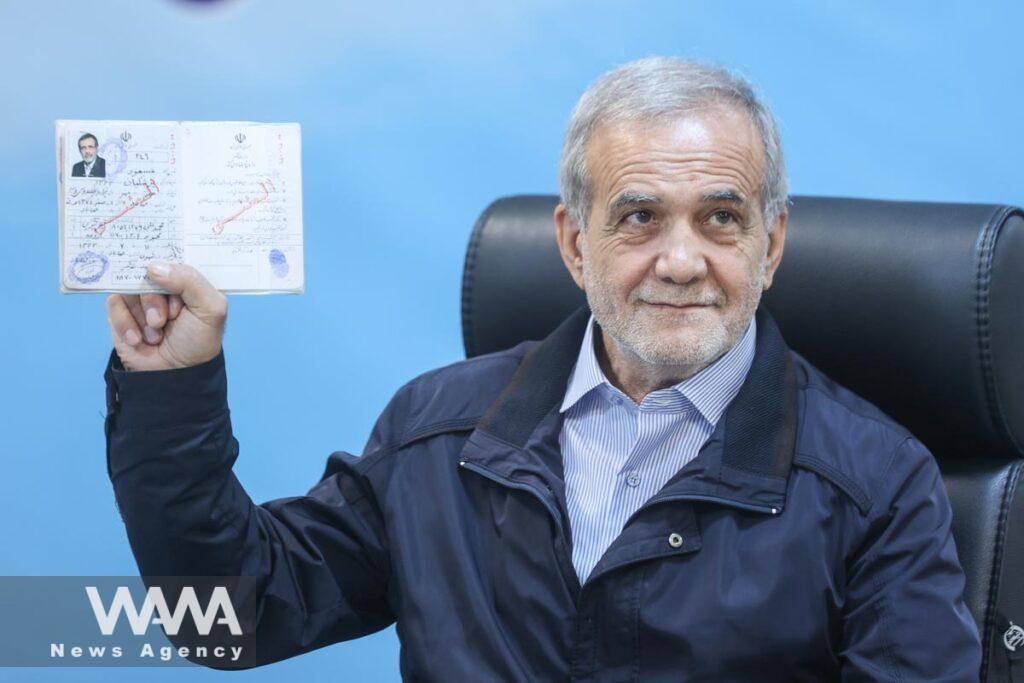
Masoud Pezeshkian registers as a candidate for the presidential election at the Interior Ministry in Tehran, Iran June 1, 2024. Majid Asgaripour/WANA (West Asia News Agency)

